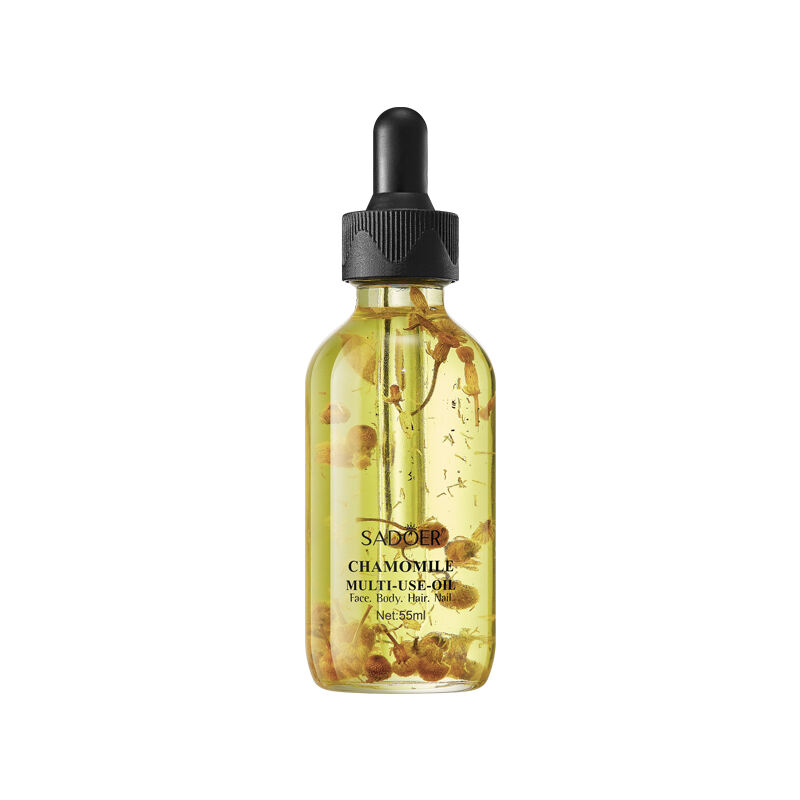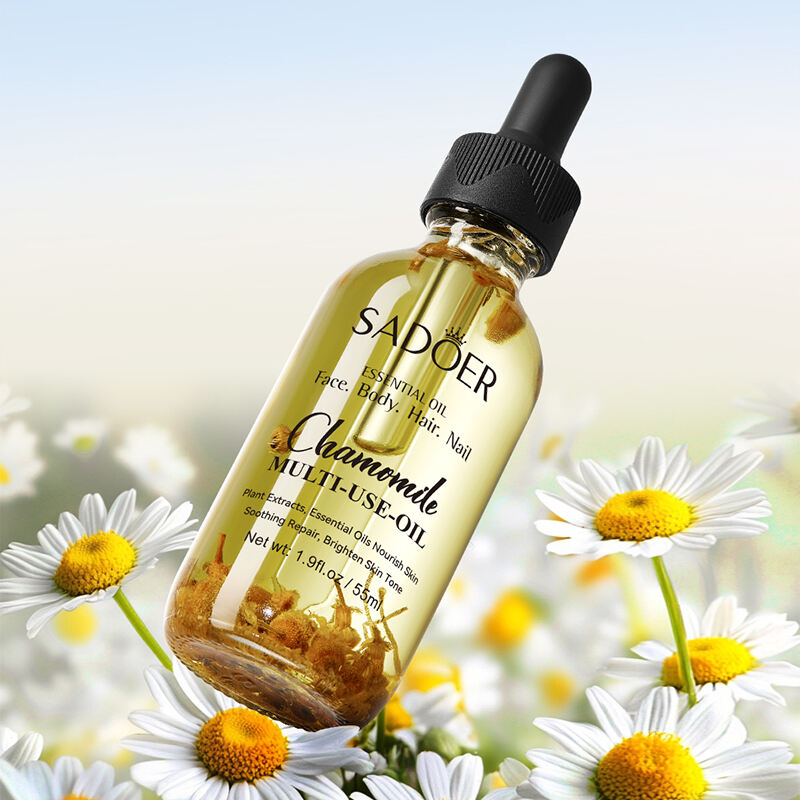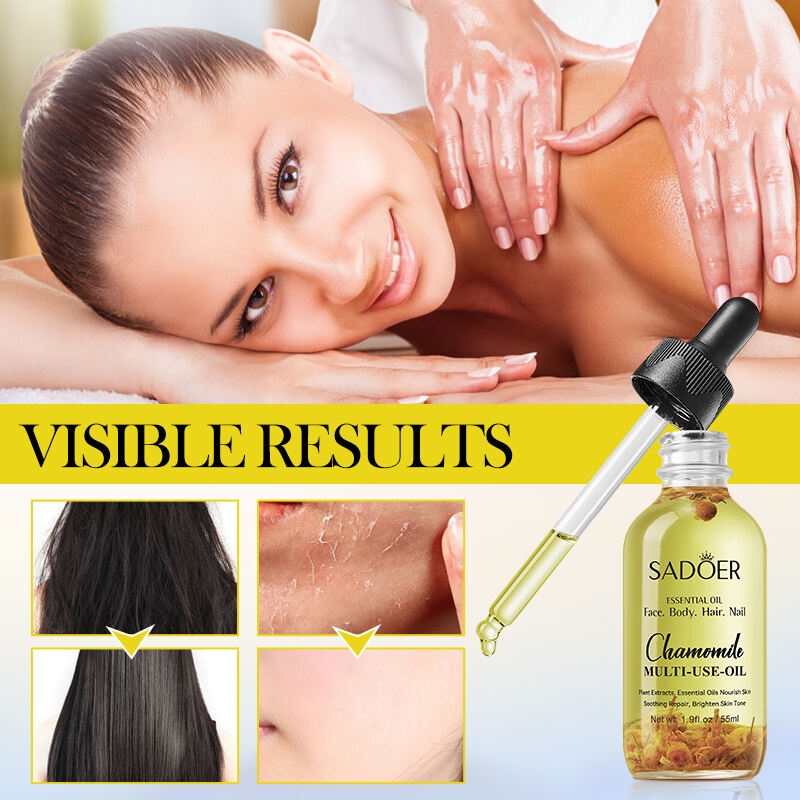Organic essential oil suppliers play a pivotal role in the cosmetics and wellness industries by providing pure, naturally derived oils that meet stringent organic standards. These suppliers source plants from organic farms where cultivation avoids synthetic pesticides, fertilizers, and genetically modified organisms (GMOs), ensuring the integrity and purity of the essential oils. Organic essential oil suppliers prioritize sustainable farming practices, supporting biodiversity and soil health, which directly impacts the quality of the plants used for extraction. They often implement rigorous testing protocols, including gas chromatography-mass spectrometry (GC-MS) analysis, to verify the chemical composition and purity of each batch, ensuring that the oils are free from contaminants, adulterants, or synthetic additives. Organic essential oil suppliers also maintain detailed documentation of the sourcing process, from seed to extraction, providing transparency to clients about the origin and cultivation methods of the plants. This transparency is crucial for businesses seeking to meet consumer demand for organic products, as it allows for traceability and builds trust. Additionally, organic essential oil suppliers may offer a diverse range of oils, from lavender and tea tree to more exotic varieties, catering to various applications in skincare, aromatherapy, and personal care. They often collaborate with manufacturers to provide bulk quantities, supporting large-scale production while adhering to organic certifications such as USDA Organic or EU Organic, which are recognized globally. By adhering to strict organic standards, these suppliers ensure that the essential oils retain their natural beneficial properties, making them suitable for use in high-quality cosmetics, aromatherapy products, and natural remedies. For manufacturers focused on producing organic lines, partnering with reliable organic essential oil suppliers is essential to maintaining product integrity and meeting regulatory requirements.


